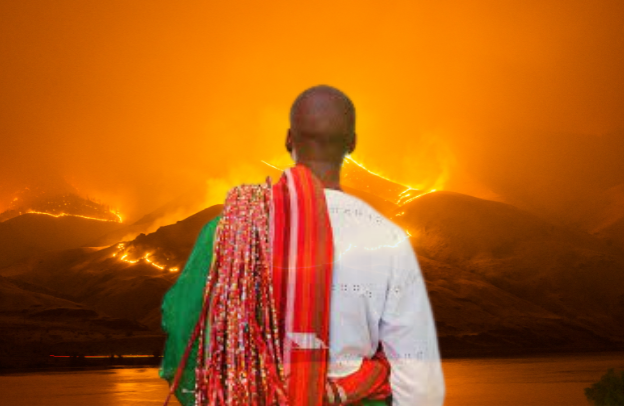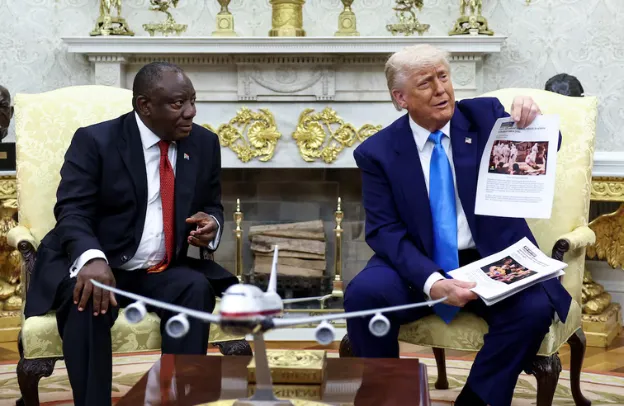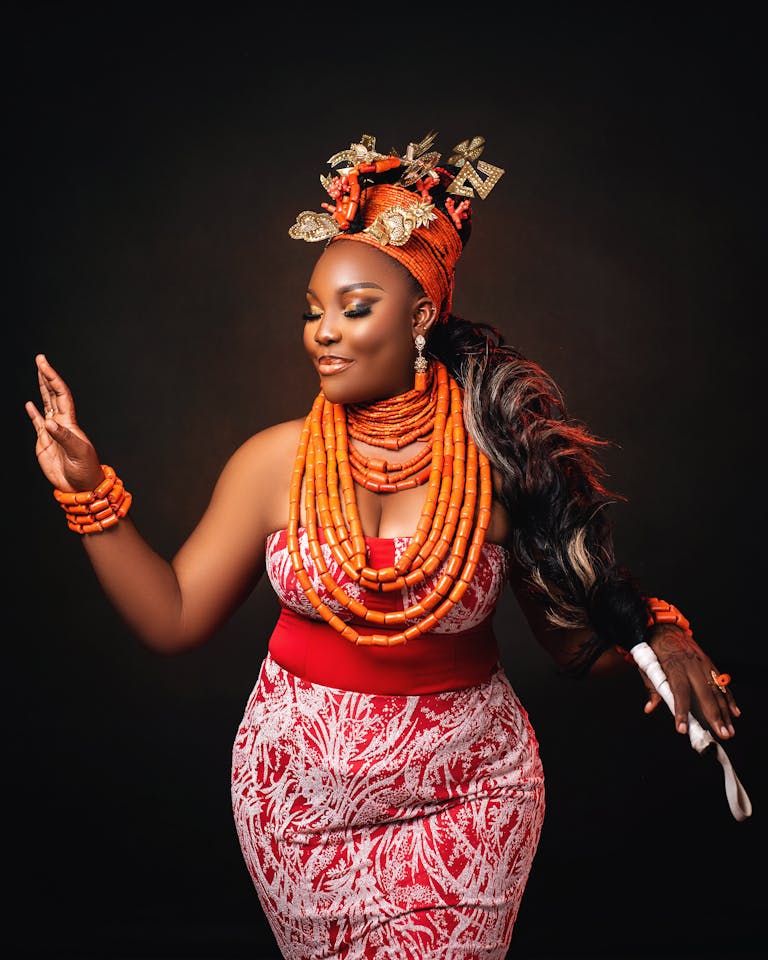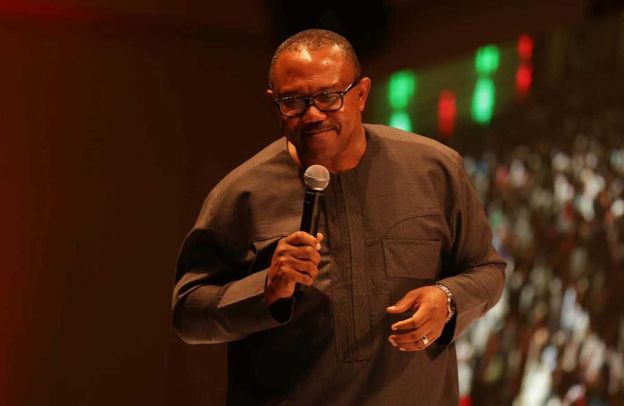The Trans-Atlantic Slave Trade and Its Impact on Africans with Christopher West
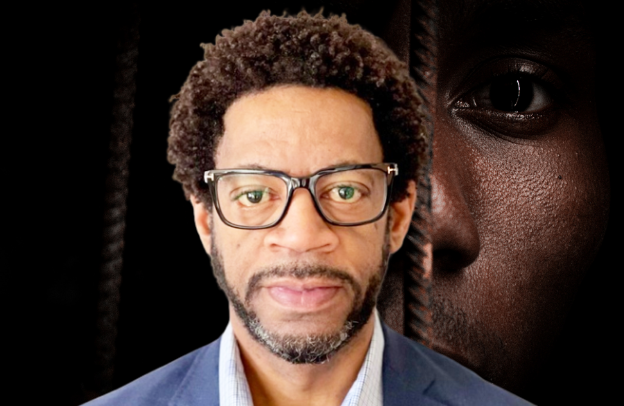
The trans-Atlantic slave trade was the largest long-distance forced movement of people in all recorded human history. From the sixteenth to the late nineteenth centuries, between 12 to 15 million African men, women, and children were enslaved, and transported to the Americas, by European slaveholders who traded them among themselves as chattel property to be used as free laborers.
Download the first chapter of The Storytelling Series: Beginners’ Guide for Small Businesses & Content Creators by Obehi Ewanfoh.
What is The Trans-Atlantic Slave Trade and Its Impact on Africans?
The Trans-Atlantic Slave Trade was a system of forced migration of African people from their homelands to the Americas, Europe, and other parts of the world, where they were enslaved for labor. This trade took place from the 16th to the 19th centuries and involved the kidnapping, sale, and transportation of approximately 12 million Africans.
The impact of the Trans-Atlantic Slave Trade on Africans was devastating. Families were torn apart, communities were destroyed, and entire cultures were erased. The slave trade had a profound effect on the political, economic, and social structures of Africa.
In addition to the loss of human life and the destruction of communities, the slave trade also had long-lasting economic consequences for Africa. The forced removal of millions of Africans from their homelands disrupted traditional economic systems and resulted in the loss of valuable labor resources. Many regions of Africa were left depopulated and impoverished, with little opportunity for economic development.
The legacy of the Trans-Atlantic Slave Trade continues to impact Africa and the descendants of enslaved Africans today. The trauma and injustice of the slave trade have contributed to ongoing racial disparities and systemic inequality across the African diaspora.
The slave trade is one of the most wicked man-to-man inhumane treatments in the whole human history.
Within its practice were all sorts of atrocities and horrors such as raps, genocides, ethnic cleansings, indoctrinations, and any other repressive techniques the European slaveholders were capable of imagining.
But what about the African people? Do we have any responsibility for what happened and are still happening? These and more are what I will be asking my guest, Christopher West, an African-American Historian, and museum Curator to help me understand.
Some Key Points in This Episode
- Why were African people chosen to fulfill the labor requirement in the west?
- Could the people of Africans have done something differently to avoid the catastrophe of slavery?
- Why we need to learn about the trans-Atlantic in 2022.
See The Full Interview with Christopher West
About the Guest – Christopher West
Now, learn about Christopher West in his own words:
I am an enthusiastic storyteller and build projects that are data-driven with measurable deliverables. Listening carefully to a broad range of voices, honoring my ancestors, and deep research is how I have approached leadership positions in my professional career.
I have experience in designing and developing projects that center on the voices and images of Black urban communities of the American West. For example, The Historic Central Avenue: A Public History Resource Website project focuses on mid-twentieth century Central Avenue, a commercial and business district in South Central Los Angeles.
The source material is a pre-WWII directory developed and produced by Black-owned business owners supplemented with supporting materials including oral histories and thematic essays.
My passion for these stories began during my doctoral research at the University of Southern California where I focused on the shifting political and demographic landscape of post-WWII Black Los Angeles.
That research deepened during my half-decade at the California African American Museum serving as the Program Manager and History Curator. Exhibitions I managed or curated ranged from Black Chrome, a history of African Americans, and the Motorcycle to Journey to Flight an exhibit on the sheroes and heroes of WWII based out of Tuskegee, Alabama.
Collaborating with a volunteer history council we expanded the number of objects accessioned to the permanent collection and provided archival and library research in support of exhibition development.
The passion project that provides insight into my professional world is the Jackie Robinson Arts and Humanities Lecture Series (JRAHS). Over ten years with a minimum of fiscal resources JRAHS grew from two programs and a minimal audience in the first year to a base of 1,000 patrons and multiple events.
From poet Robin Coste Lewis to a staged reading of Mountaintop, a play centered on the last night of the Rev. Dr. Martin Luther King Jr, the JRAHS programmed around the theme of “Art as Activism.”
I collaborated with a team of graphic artists, building operation managers, and other resources from throughout the campus to conceptualize, manage, produce, and advertise the series.
You can reach Christopher West on her LinkedIn page
Learn More About Obehi Podcast
Obehi Podcast brings you leaders and experts from different industries to share their experiences, relating to Africa and the African diaspora. Listen to Obehi Podcast across different platforms: Spotify, Apple Podcast, YouTube, and much more.
Download the first chapter of The Storytelling Series: Beginners’ Guide for Small Businesses & Content Creators by Obehi Ewanfoh.
